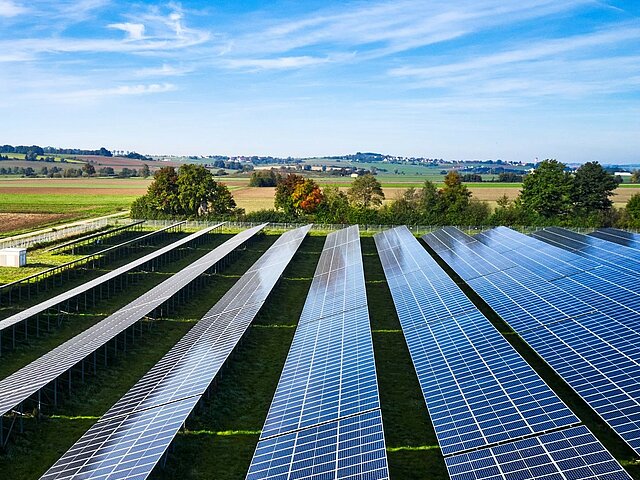
First hybrid solar plant from JUWI and MVV
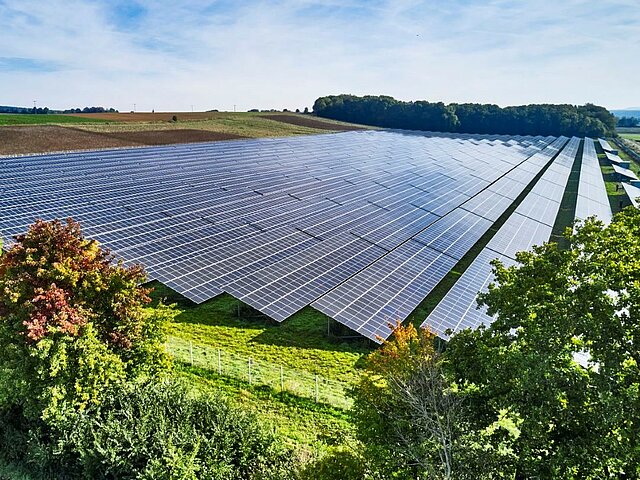
The project
In addition to numerous innovative international projects, MVV project development company JUWI has already implemented its first combined wind power and storage project in Germany in 2022. It has also achieved success in this area in 2023 with ground-mounted photovoltaics: JUWI and Smart Power in Baden-Württemberg have implemented another storage project in conjunction with renewable energies: the Seckach solar park in the Neckar-Odenwald district. The 9.8-megawatt Seckach solar park with a 3.6-megawatt battery storage facility went online in late summer 2023.
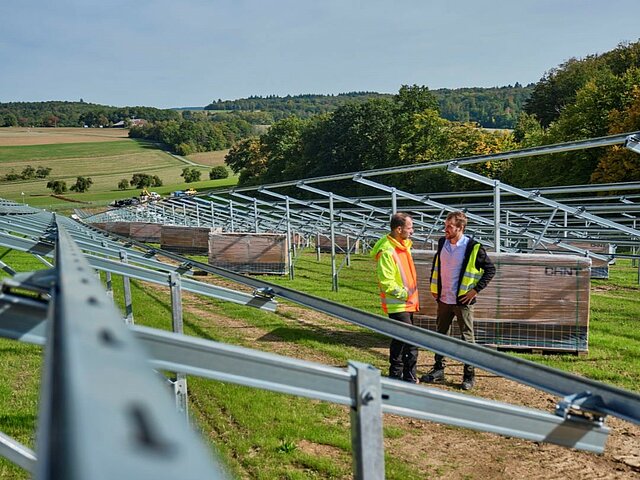
Commissioning by MVV
The largest solar and storage project as of 2023 will be operated by MVV with a contract term of 25 years. The approximately 18,200 photovoltaic modules produce around 11.1 gigawatt hours of climate-friendly electricity annually. Based on an average electricity consumption of 3,500 kWh, this means that around 3,200 households can be supplied with solar energy all year round. JUWI and MVV have built another solar park with a capacity of around 8 megawatts near the town of Osterburken. This went into operation in mid-2024.
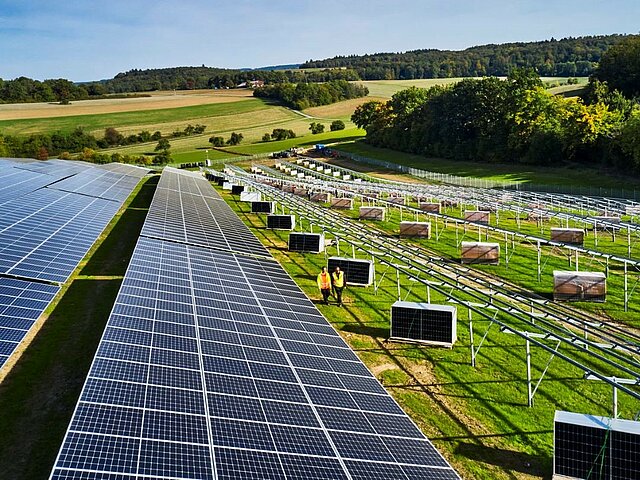
Role model in Germany
The Neckar-Odenwald district is setting standards with its committed expansion of renewable energies. The Seckach solar park is the best example and role model for this in Germany. In 2022, the federal government took decisive action to bring the energy crisis under control.
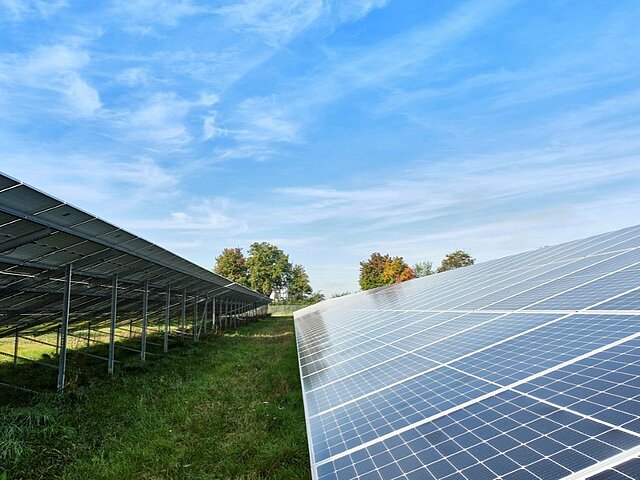
Pioneering region for the energy transition
The Neckar-Odenwald district is one of the regions with the greatest potential for renewable energies in the Rhine-Neckar metropolitan region and will be one of the pioneering regions for the energy transition in terms of expanding renewable energies as early as 2023. In addition to several ground-mounted solar parks, there are already 44 wind turbines in the district, and more than 100 additional turbines are planned for 2023, including the MVV wind farm in Waldbrunn with seven wind turbines.
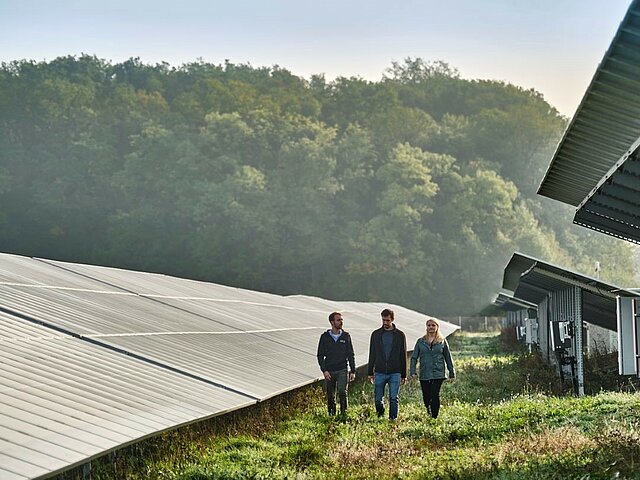
Municipality of Seckach mathematically energy self-sufficient
Thanks in large part to both private and public initiatives, the energy community of Seckach serves as a model for the successful implementation of renewable energy projects. In 2005, the municipality installed geothermal heating in its new community center in the Zimmern district, in 2007 Biogas Seckach GmbH commissioned a biogas plant, and in 2014 a local heating network operated by Bürger-Energie Großeicholzheim eG was conntected to the grid. By mid-2023, three of the four areas designated for large-scale open-space PV systems will already be in operation in the municipality of Seckach, with the Seckach “Winterberg” solar park being the fourth.




